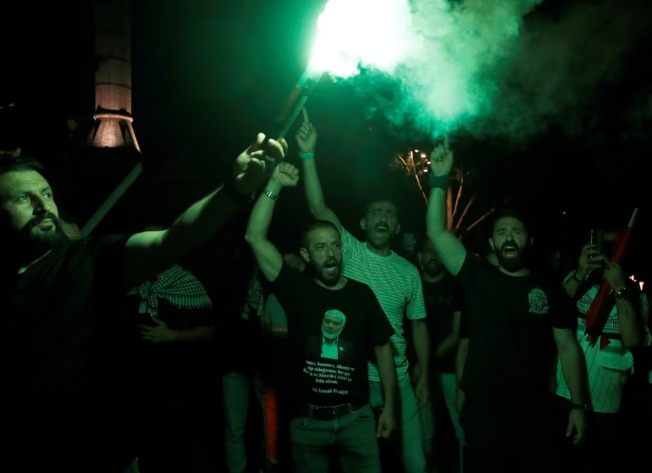Israel is known for its longstanding strategy of targeted assassinations on foreign soils. Starting with the killing of Egyptian military attache Salah Mustafa in Amman, Jordan in 1956, data says Israel has so far killed at least 60 adversaries beyond its borders.
1 August 2024: The assassination of Hamas political leader Ismail Haniyeh has thrown the US-backed peace process between Israel and Hamas into disarray. Haniyeh was killed in Tehran in what is believed to be an Israeli covert operation, a move that has sparked international condemnation and heightened tensions in the region, stated Iftikhar Gilani in his recent article in the Frontline.
The killing of Haniyeh has triggered a wave of outrage, with numerous global leaders and organizations condemning the act.
The peace process, which American officials claimed was on the verge of a breakthrough, has now been thrown into turmoil. This assassination is seen by many as a significant setback to the fragile negotiations that aimed to bring stability to the region.
Israel is known for its longstanding strategy of targeted assassinations on foreign soils. Starting with the killing of Egyptian military attache Salah Mustafa in Amman, Jordan in 1956, data says Israel has so far killed at least 60 adversaries beyond its borders. From Beirut to Uruguay, Sao Paulo, Rome, and Paris, Israeli security agencies have pursued and eliminated adversaries far beyond their borders. These high-profile eliminations are a testament to Israel’s extensive and relentless efforts to neutralize threats, no matter where they are located.
This latest assassination has led to escalation in tensions, with many fearing a complete collapse of the ongoing peace negotiations. The international community is closely watching the developments, as the repercussions of this event are expected to resonate across the geopolitical landscape.
The killing of Haniyeh not only disrupts the peace process but also raises questions about the future of Israeli-Palestinian relations. The ongoing conflict, marked by such targeted killings, underscores the complexities and deep-seated animosities that continue to hinder the path to peace.
In the wake of Haniyeh’s assassination, the prospects for a peaceful resolution seem more distant than ever. The international community’s response and the actions of both Israeli and Palestinian leaders in the coming days will be crucial in determining the next steps in this deeply entrenched conflict.




